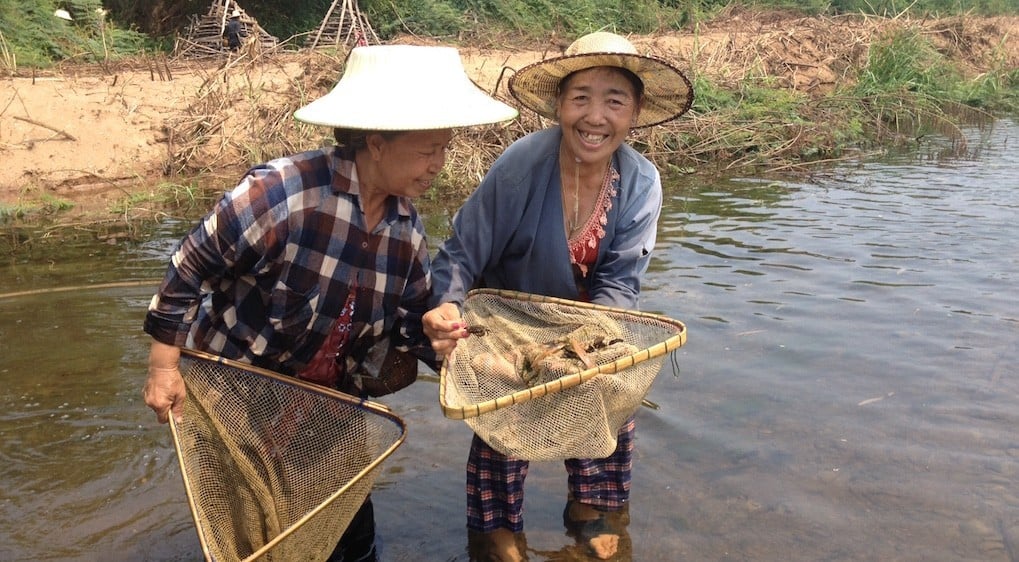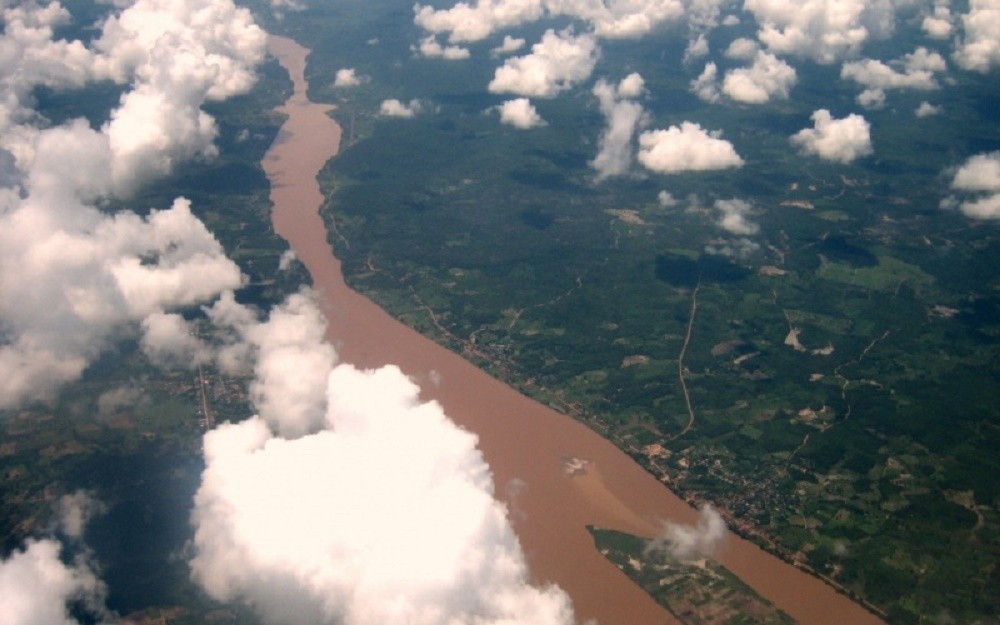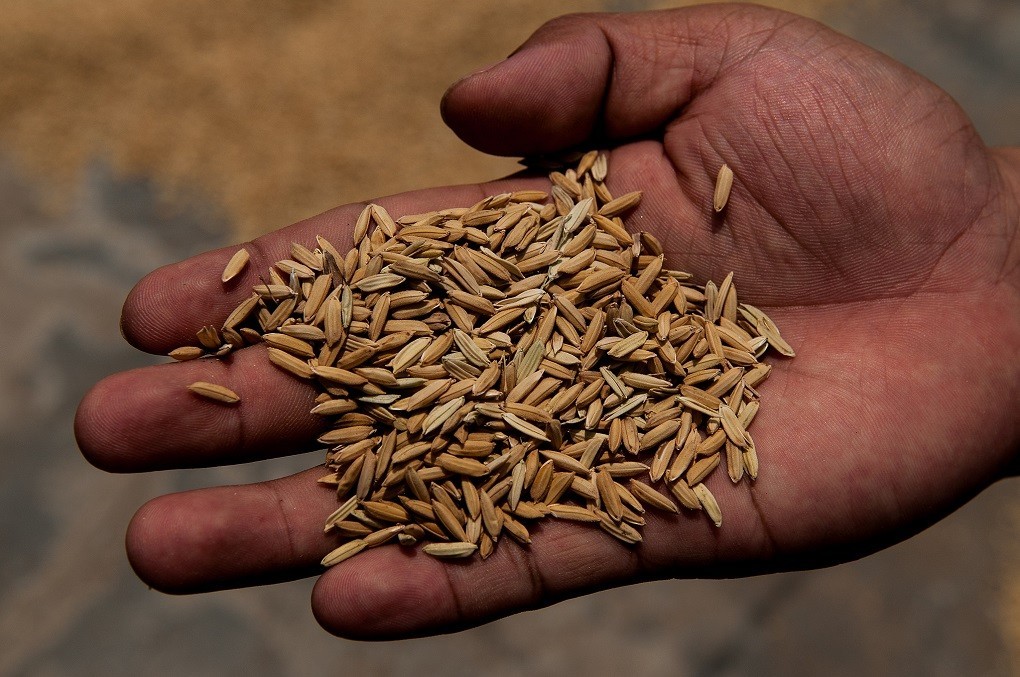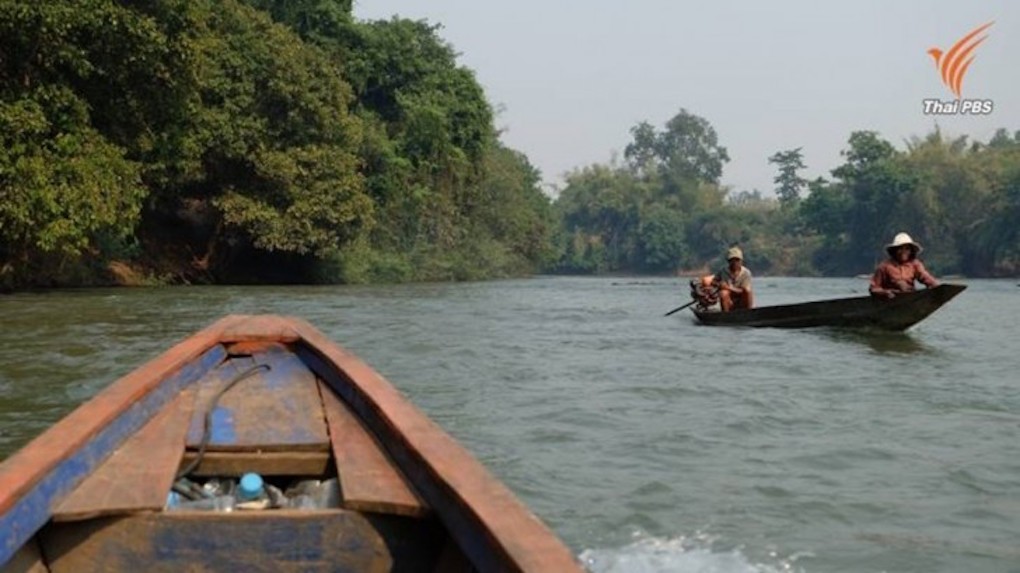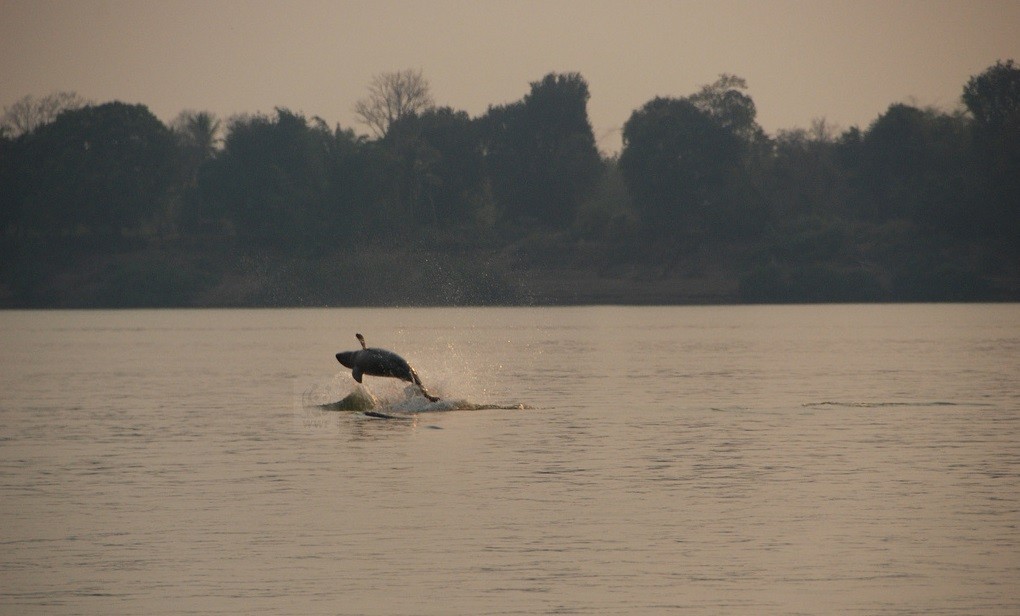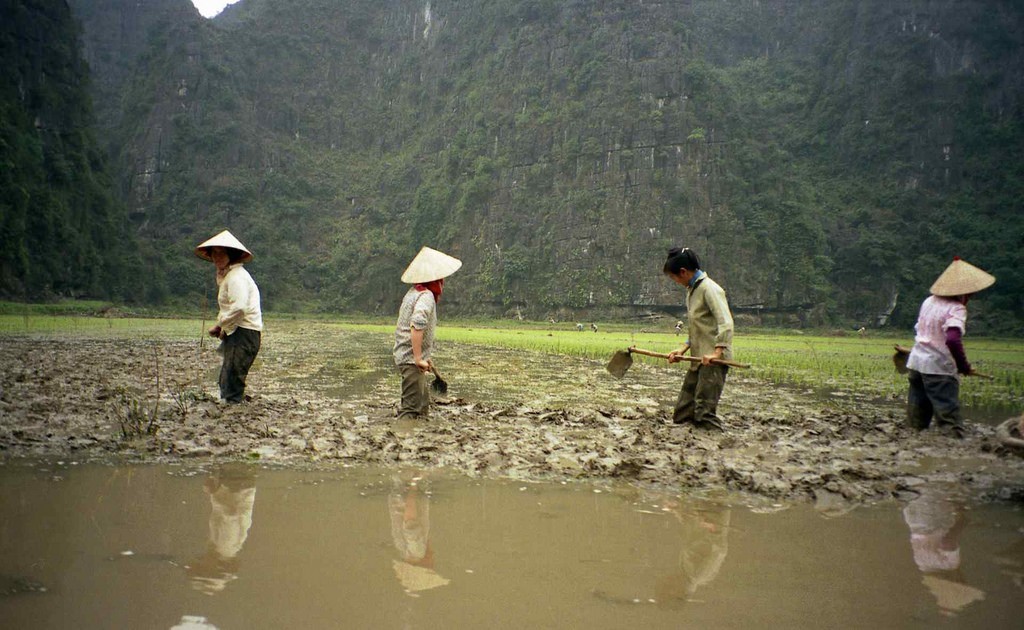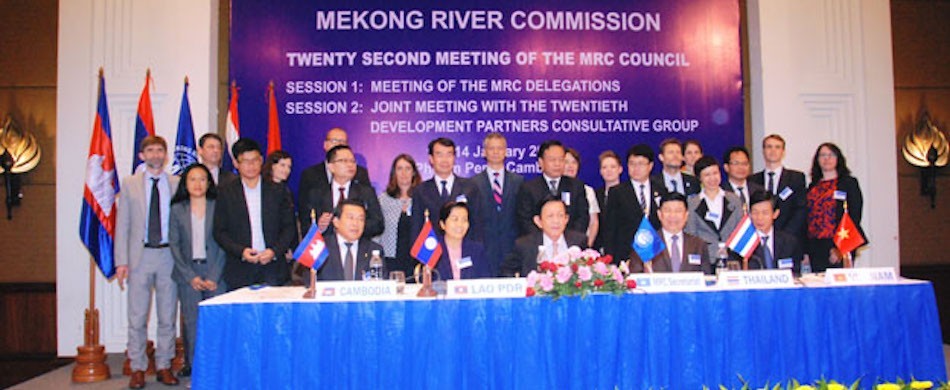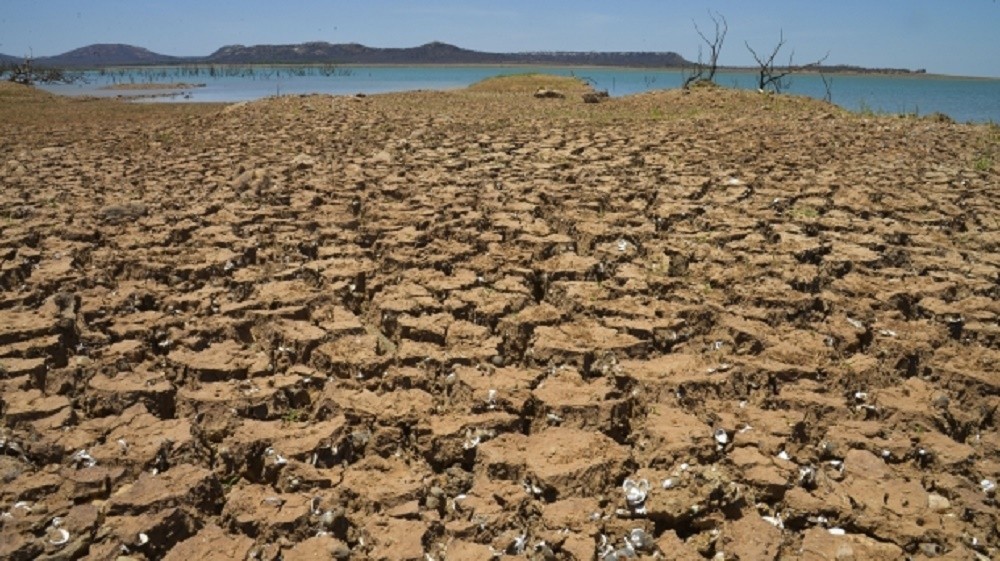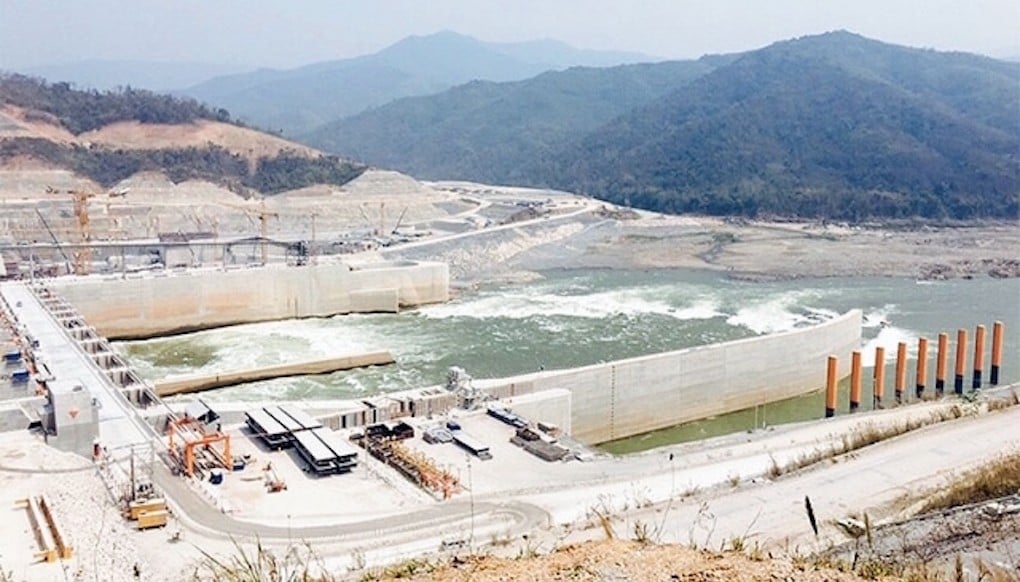Extensive irrigated agriculture in Northeast Thailand has long been a dream of the Royal Irrigation Department (RID). Over the decades, various visions have been expounded but never fulfilled, including the Green Isan Project in the early 1980s, the Khong-Chi-Mun Project in the late 1980s and 1990s, and the Water Grid Project in the early 2000s. Local communities and civil society have often challenged these projects, questioning the project’s economics and potential environmental and social impacts.
Recently, the RID has reinvigorated its irrigation plans through the “Mekong-Loei-Chi-Mun River Management and Diversion by Gravity in the Northeast” project. It entails diverting water from the Mekong River’s mainstream into the Loei River in Northeastern Thailand, which would then be connected via tunnels to the Chi and Mun Rivers.


